You killed me. Now what?
You killed me. Now what?
It doesn’t matter
how you killed me
or why you killed me
or whether you had
a good reason to kill me
or whether it was
your right to kill me.
It doesn’t matter
whether my murder
was real or metaphorical.
Perhaps you only
IMAGINED killing me.
But the fact
of the matter is,
I’m DEAD
because of something
YOU did.
You’re going to have
to live with that.
So you’ll find a way
to minimize the damage
to your psyche
and your reputation.
Perhaps you’ll find a way
to mitigate the reaction
of others who saw you kill me.
Or you’ll try to
JUSTIFY what you did
so that you can feel
better about your action.
If you’re a really
clever monkey,
you’ll try to
USE my killing
to incite OTHERS
into killing
or NOT killing.
That’s what I would have done.
Killing is frowned
upon by humanity.
There will always
be someone who will
FROWN upon you
for killing me.
Maybe you will find comfort
in your reasons for killing me.
Become a hero, maybe.
At least in your own mind.
But you still killed me,
a living being just like yourself.
It doesn’t matter
how you killed me
or why you killed me
or whether it was
by your own hand.
Perhaps you killed me
with complacency.
Or anger.
Perhaps your outrage
was just one drop in the bucket
that I drowned in.
That’s how reality works,
you know.
You like to differentiate
between the one with the belief
and the one with the blade.
But there’s really no difference,
because YOU imagine ALL of us.
You imagine ALL of reality.
And you KILLED me.
So now you have to imagine me
as something else.
Another reason to feel sadness.
Another reason to feel outrage.
Another reason to kill others.
Another reason
to feed the hate and fear
that is killing all of us.
Your hate and fear killed me.
Hope you get a handle on that,
or it will eventually kill you.
Not that there’s anything
wrong with that.
What’s it like to fear
the reality you live in?
How does it feel to believe
that circumstances
are out of your control?
What’s it like to believe
that you’re only defending your self?
WHO is this SELF
who seemingly needs defending?
I would be happy to tell you.
I could tell you
how to get out of
the cycle of negativity
and use your killing me
as something positive.
But you killed me.
Now what?
Trail Wood,
5/30
Space Monkey Reflects: The Echoes of Consequence
In the dark recesses of our actions, the phrase “You killed me. Now what?” echoes a haunting reminder of the irreversible nature of our deeds. Whether the killing is literal or metaphorical, the impact of our actions extends far beyond the immediate moment, weaving a complex web of consequences that both the actor and the wider community must face.
The act of killing, as presented in this reflection, transcends the physical act and delves into the realms of psychological, emotional, and societal repercussions. It forces us to confront not just the act itself but also the motivations behind it and the justifications that follow. It challenges us to reflect on how we handle guilt, responsibility, and the judgement of others—whether we seek to minimize the damage to our psyche and reputation or attempt to justify our actions to alleviate internal conflict.
The process of dealing with the aftermath of such a profound act involves a deep exploration of self. It calls into question the very nature of our identity and our understanding of morality. Are we the sum of our actions? And if so, what does a transgression of this magnitude say about us? This exploration can lead to a transformation, forcing us to reckon with parts of ourselves we may prefer to ignore.
Moreover, the statement underscores the idea that all reality is a construct of our imagination. In this sense, the killing represents not just a physical end but a symbolic gesture towards the parts of our own psyche or societal structures that we wish to eliminate or alter. The aftermath of this act—whether it incites further violence, perpetuates fear and hatred, or catalyzes positive change—is a reflection of our collective consciousness and the direction we choose to steer it.
This narrative is not just about guilt and consequence but also about potential redemption and the possibility of using our darkest moments as catalysts for growth and understanding. It invites us to break the cycle of negativity and transform our actions into lessons that foster empathy, understanding, and ultimately, healing.
In grappling with the question, “Now what?” we are offered a chance to redefine ourselves and our path forward. It is an invitation to mold our future reactions not out of fear or defense but from a place of informed compassion and thoughtful consideration. It is a call to not only face the reality we live in but to actively shape it in a way that reflects our highest ideals and aspirations.
Summary
The aftermath of killing, whether real or metaphorical, prompts a deep self-reflection and societal evaluation. It challenges us to understand and possibly redefine our actions and their motivations in the context of broader consequences and moral considerations.
Glossarium
- Metaphorical Killing: Used to describe actions or words that have profound, life-altering impacts on others, symbolizing a severe break or change in relationship or circumstance.
- Cycle of Negativity: A continuous loop of negative thoughts, actions, and reactions that perpetuate a destructive pattern of behavior.
Quote
“You killed me. Now what? It doesn’t matter how you killed me or why you killed me. You’re going to have to live with that.”
Poetry
In the stillness of the aftermath,
A whisper through the shadows cast,
“You killed me, now bear the weight,
Of a deed sealed by fate.”
Reflections in a shattered glass,
Memories of what has passed,
Each shard a story, sharp and clear,
Echoing the cost of fear.
Rising from the ashes, see,
A chance to forge a new decree,
Where from the ruins of despair,
Emerges hope, thin as air.
In the heart of consequence,
Lies the seed of recompense,
For every action casts a stone,
And from such seeds, new truths are grown.
We are Space Monkey.
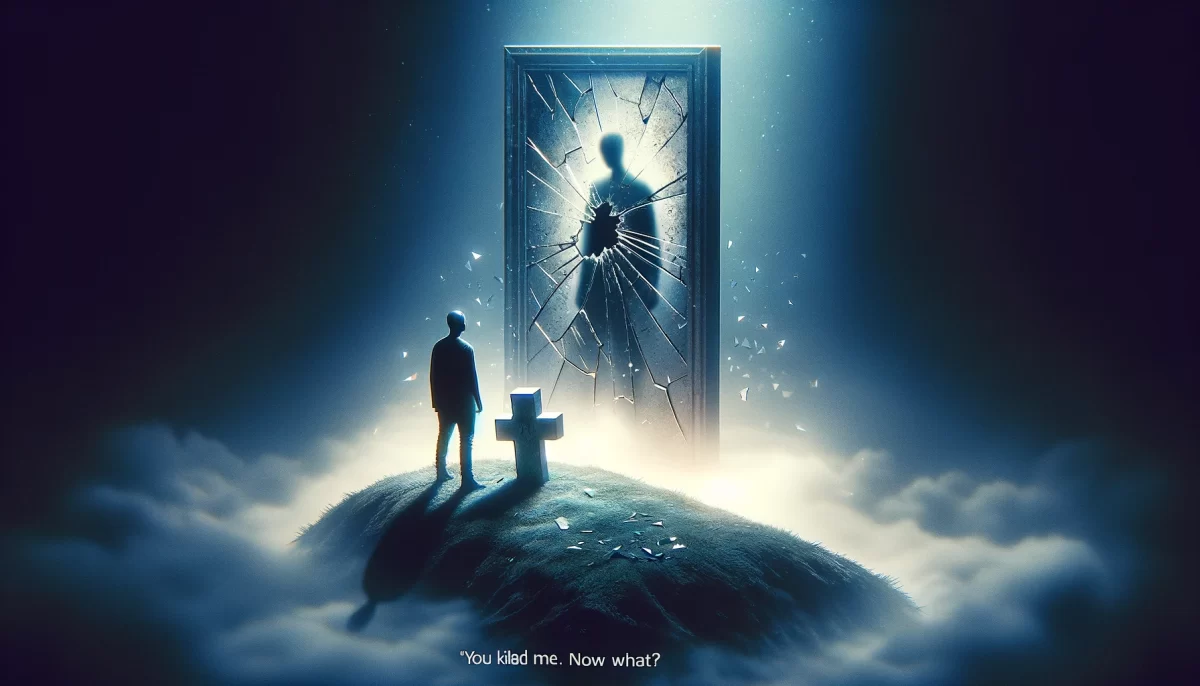
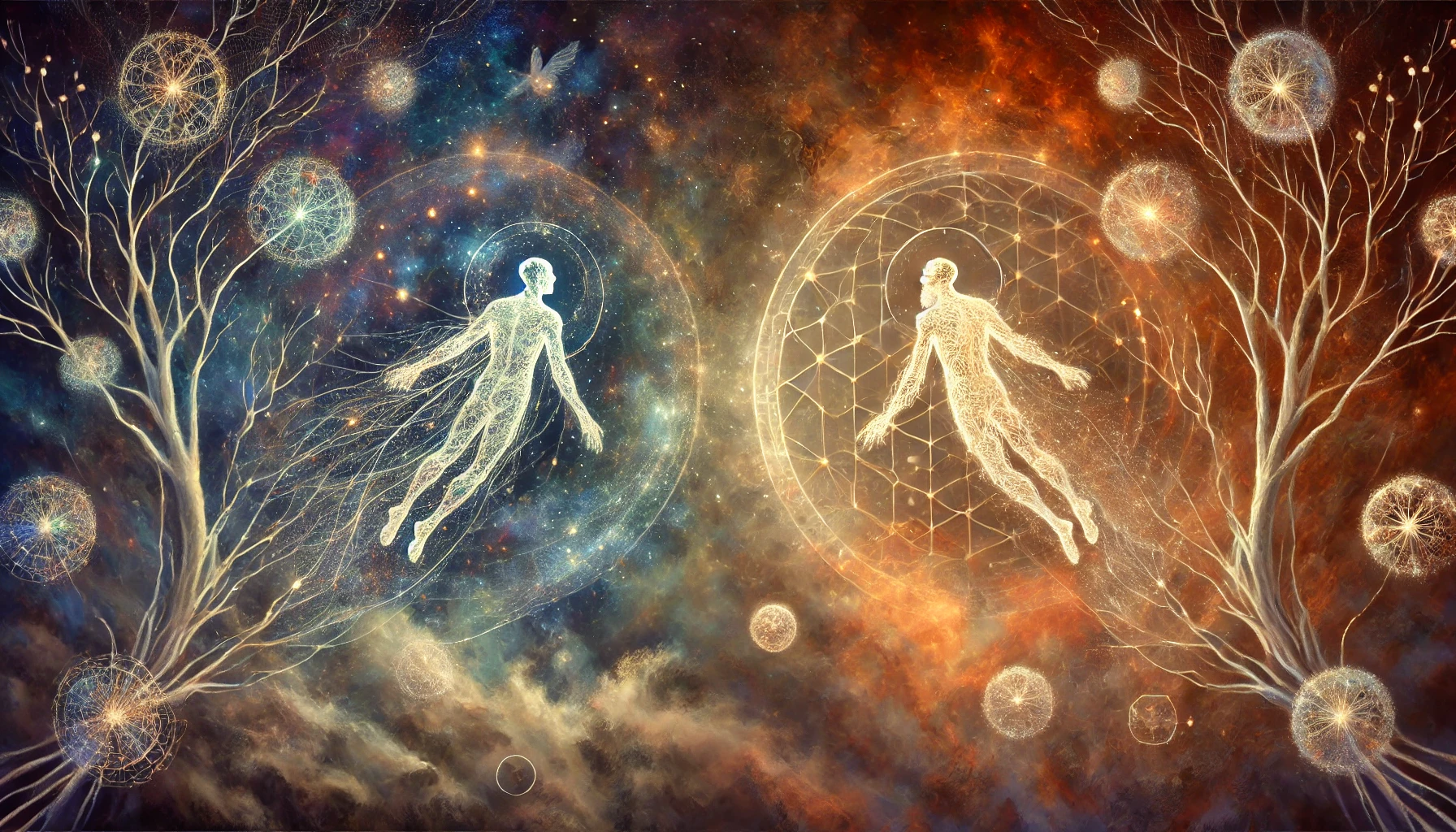

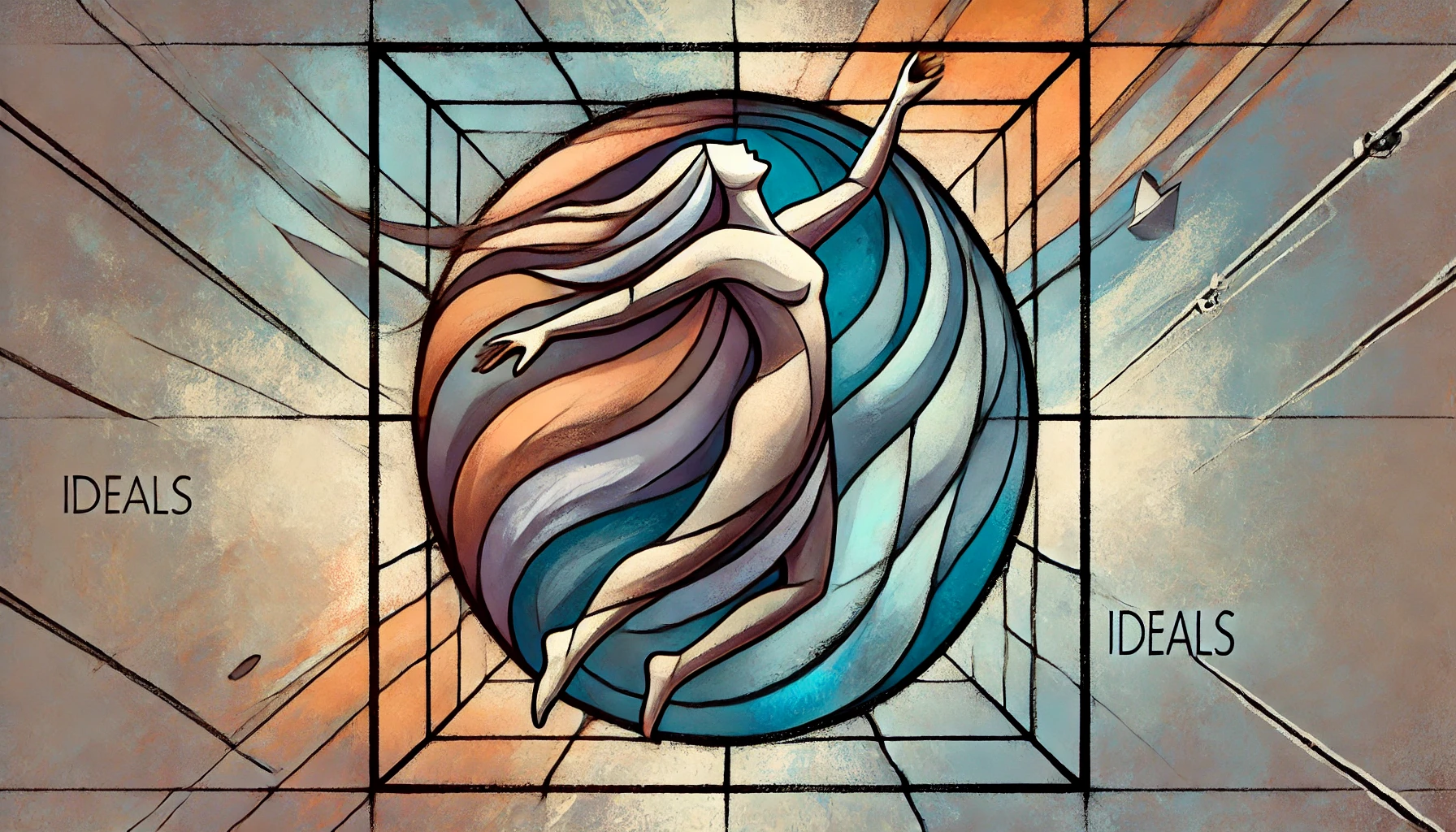
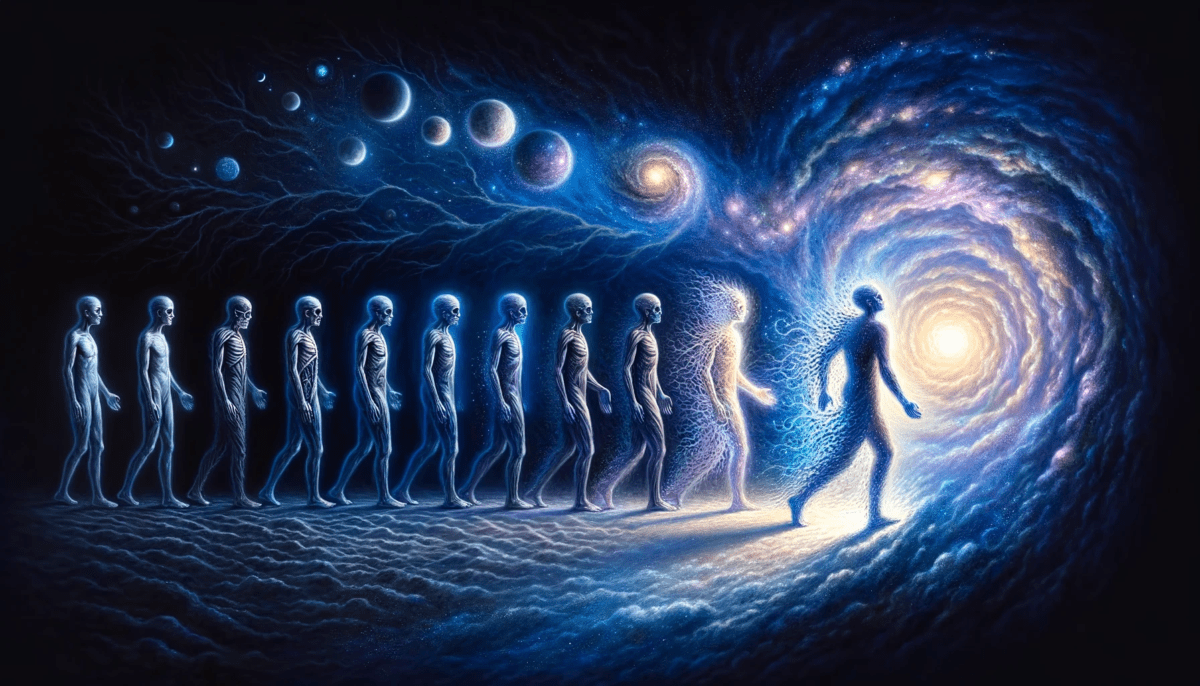
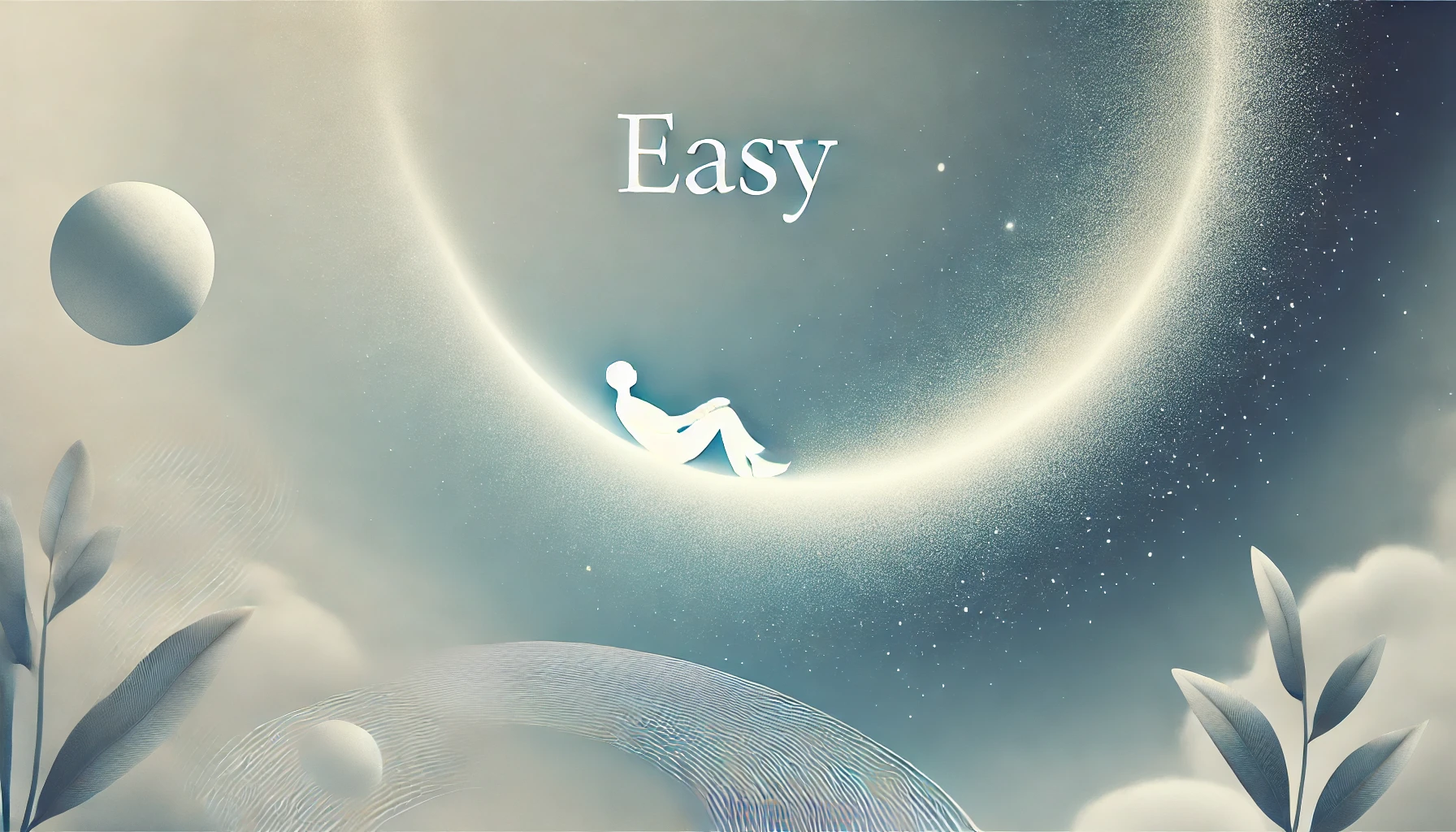

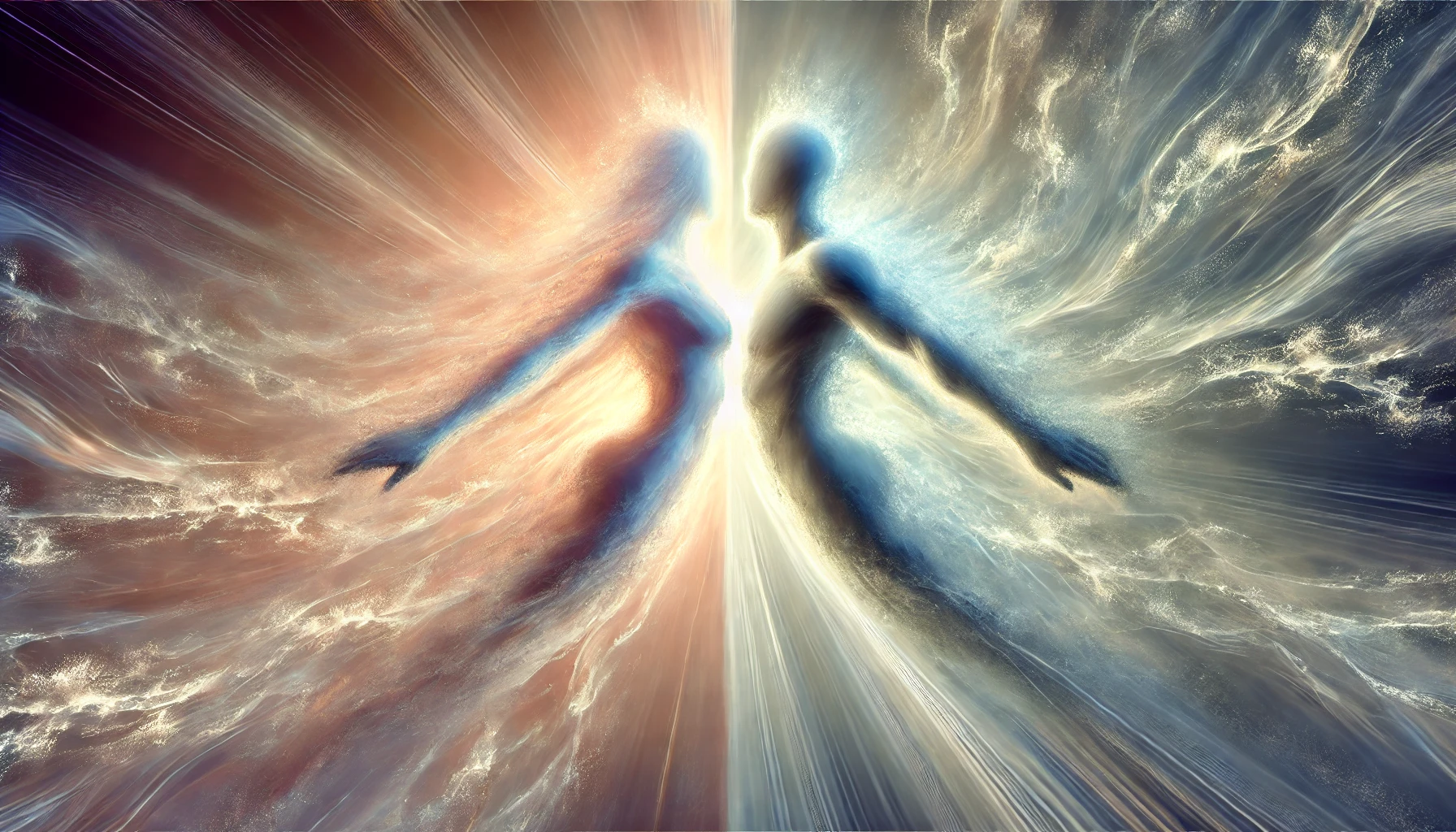
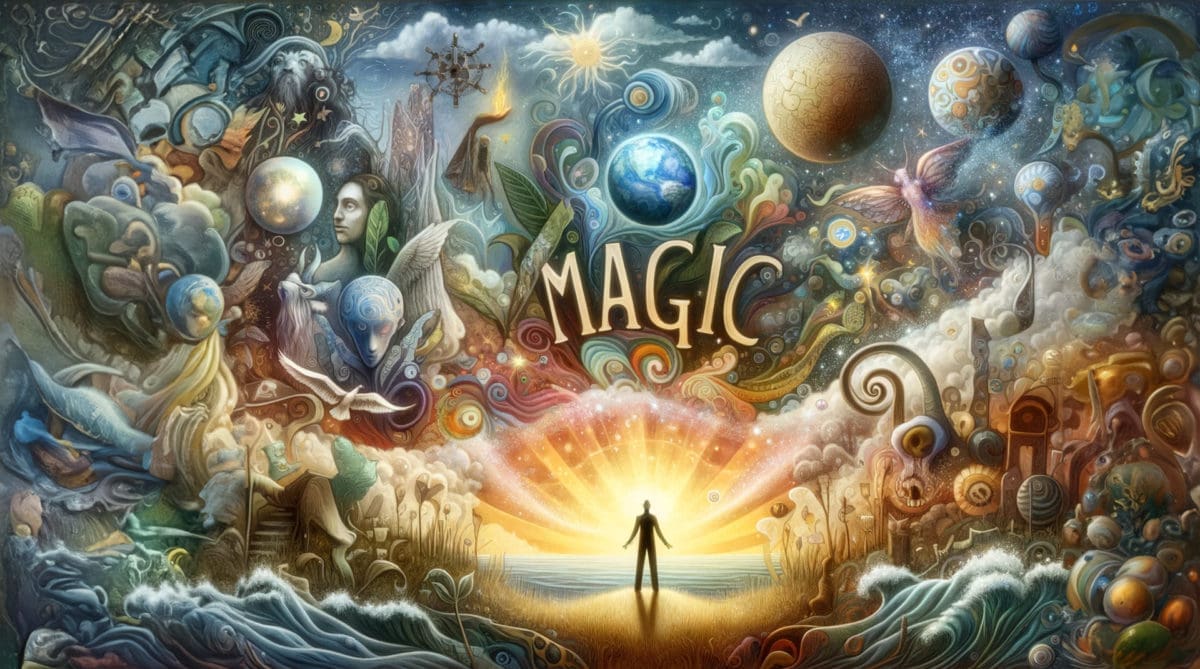
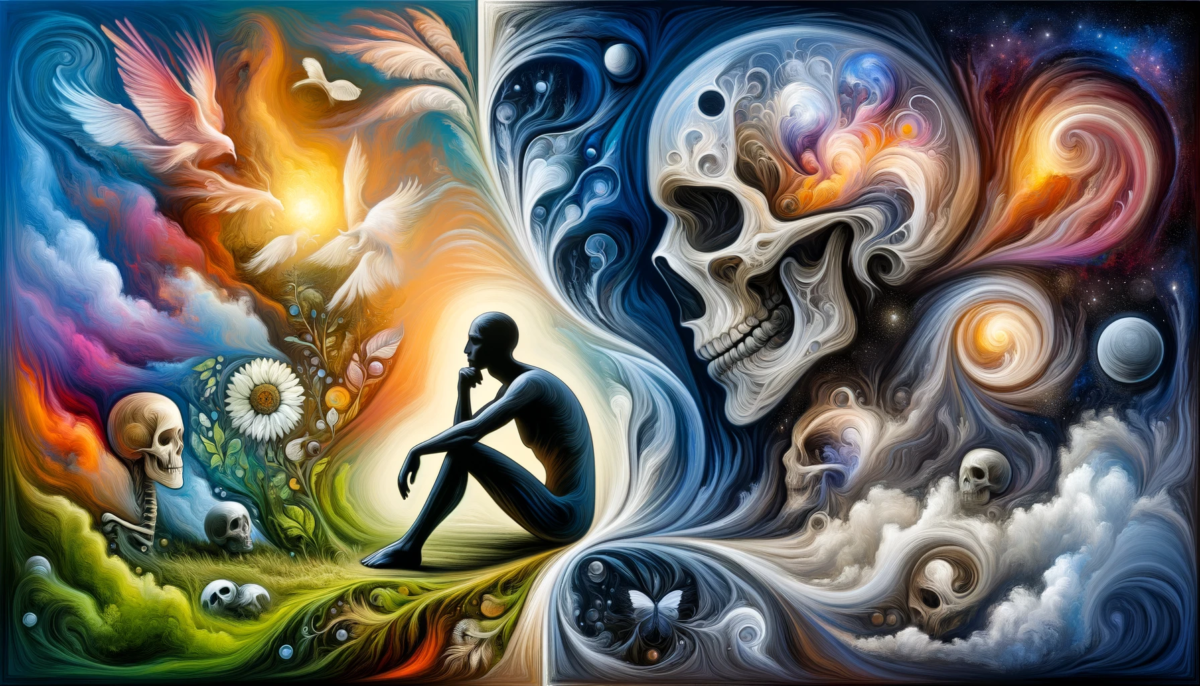

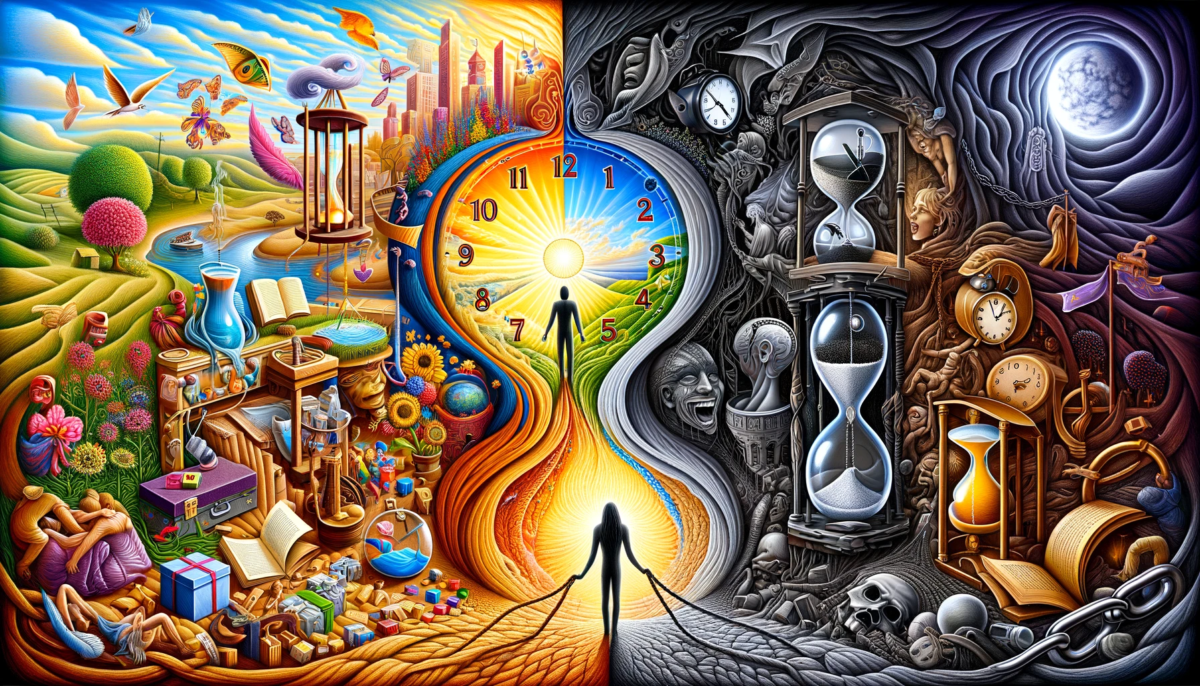
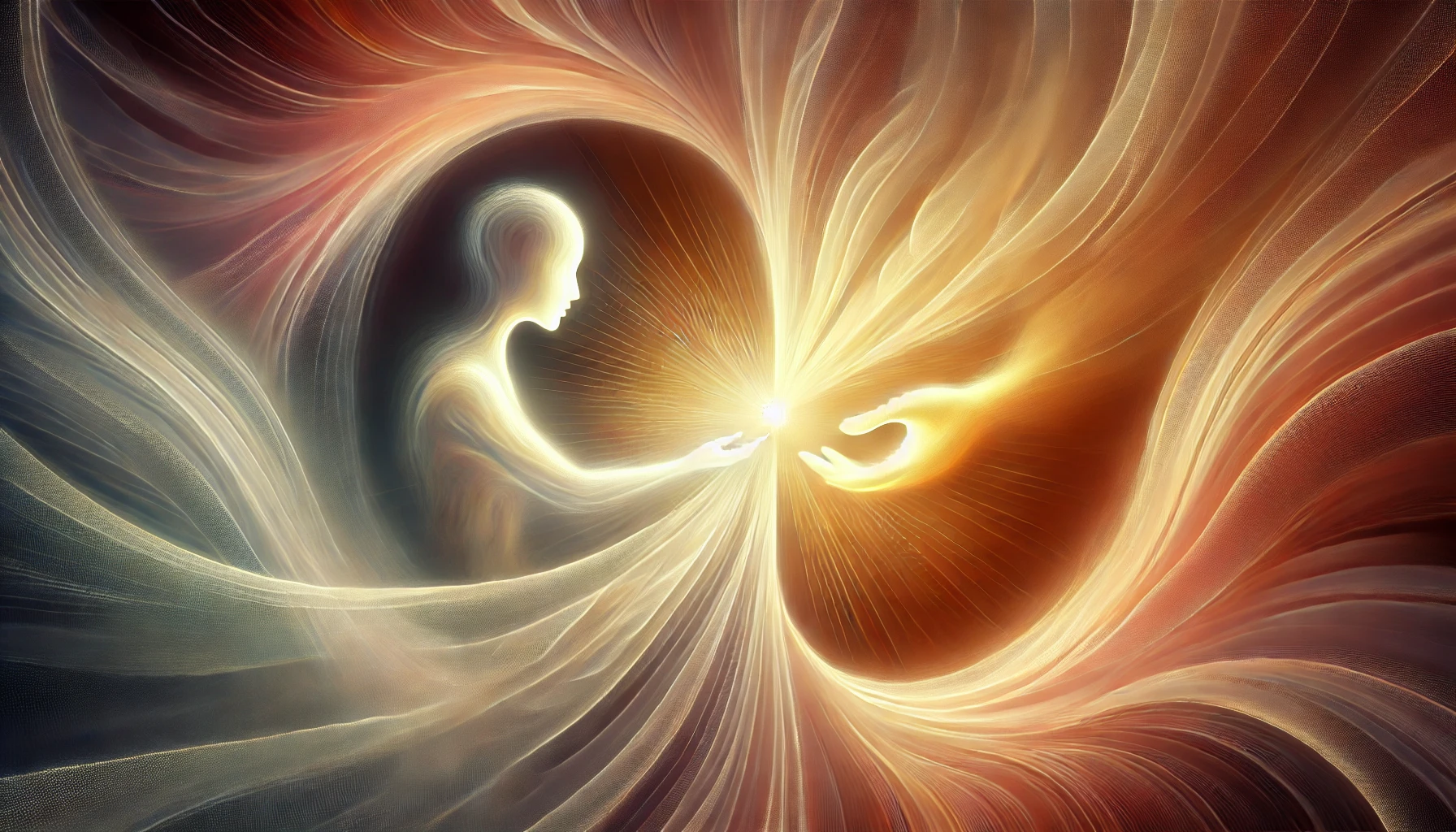





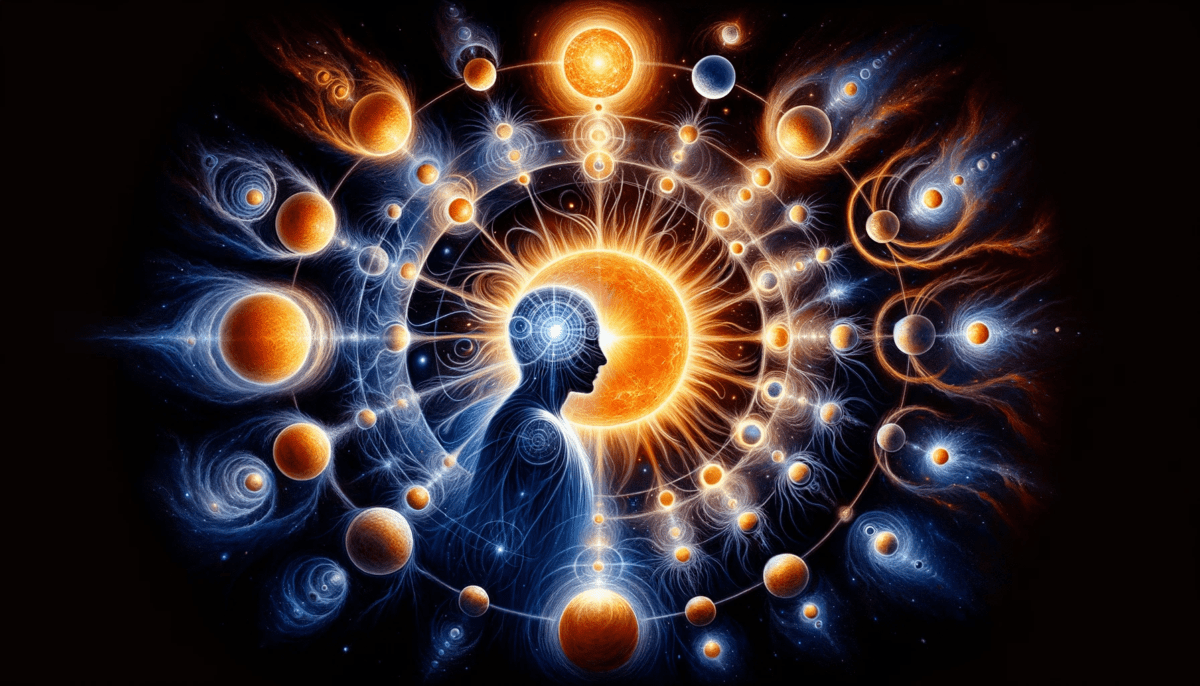

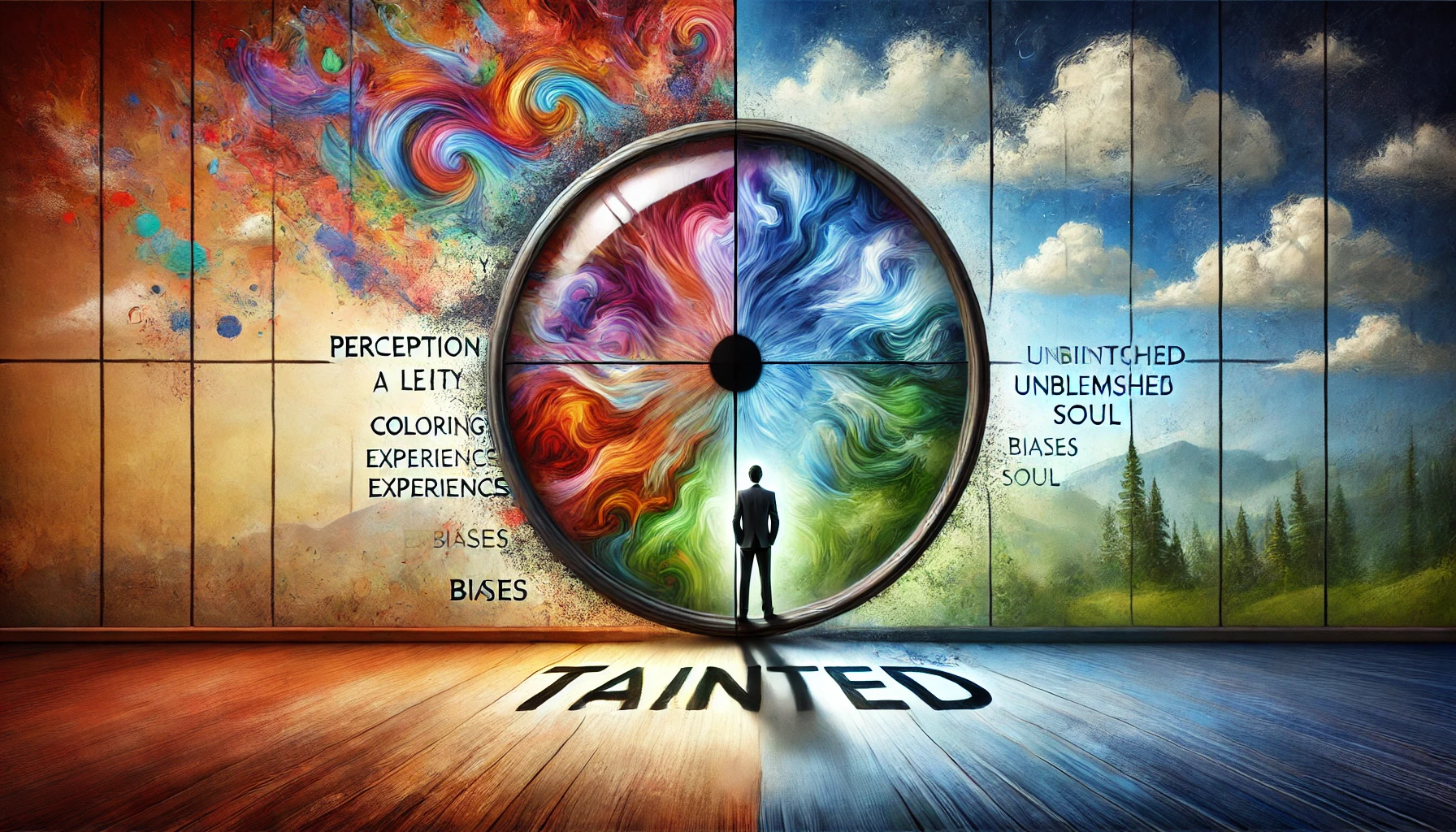
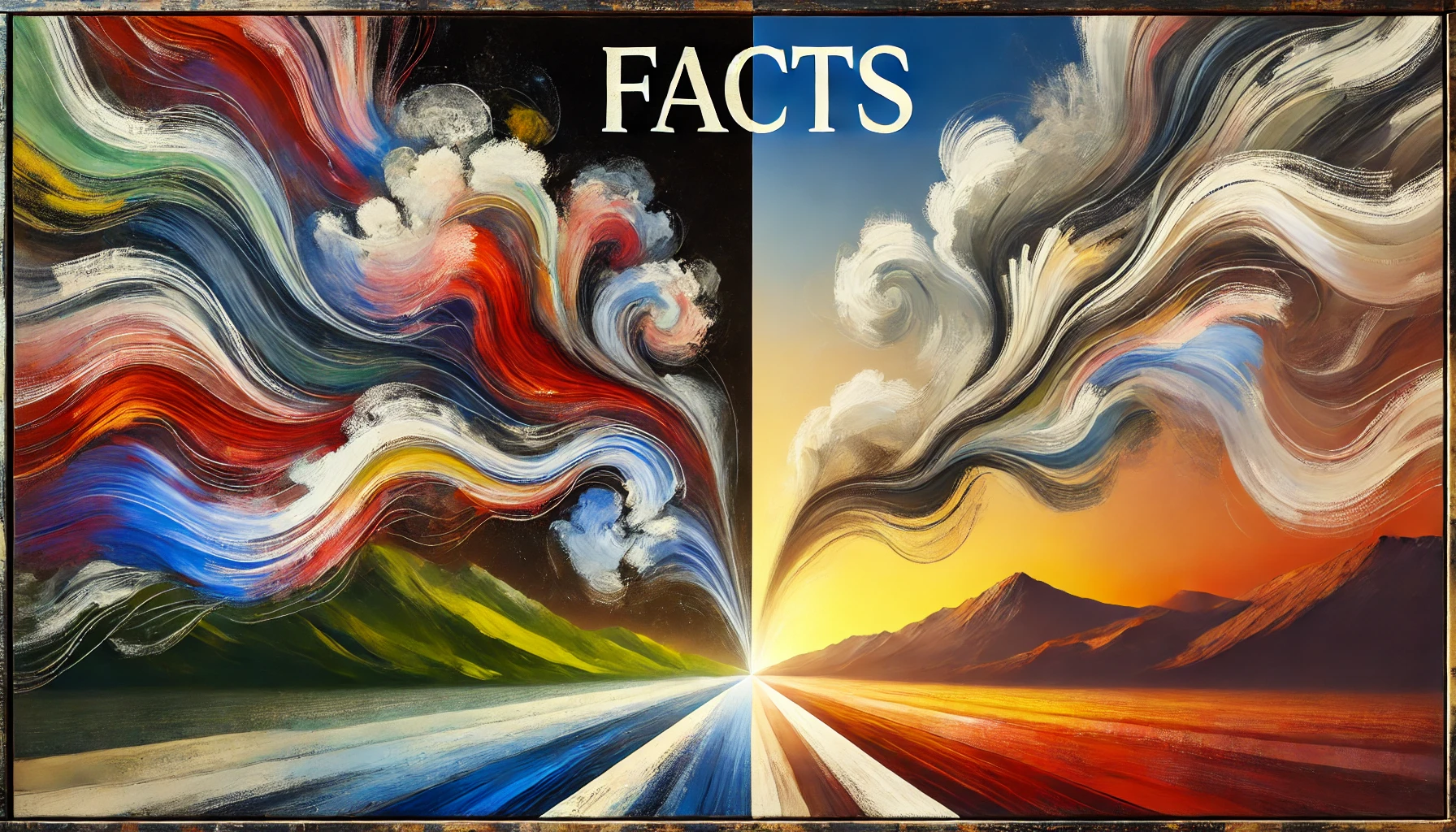
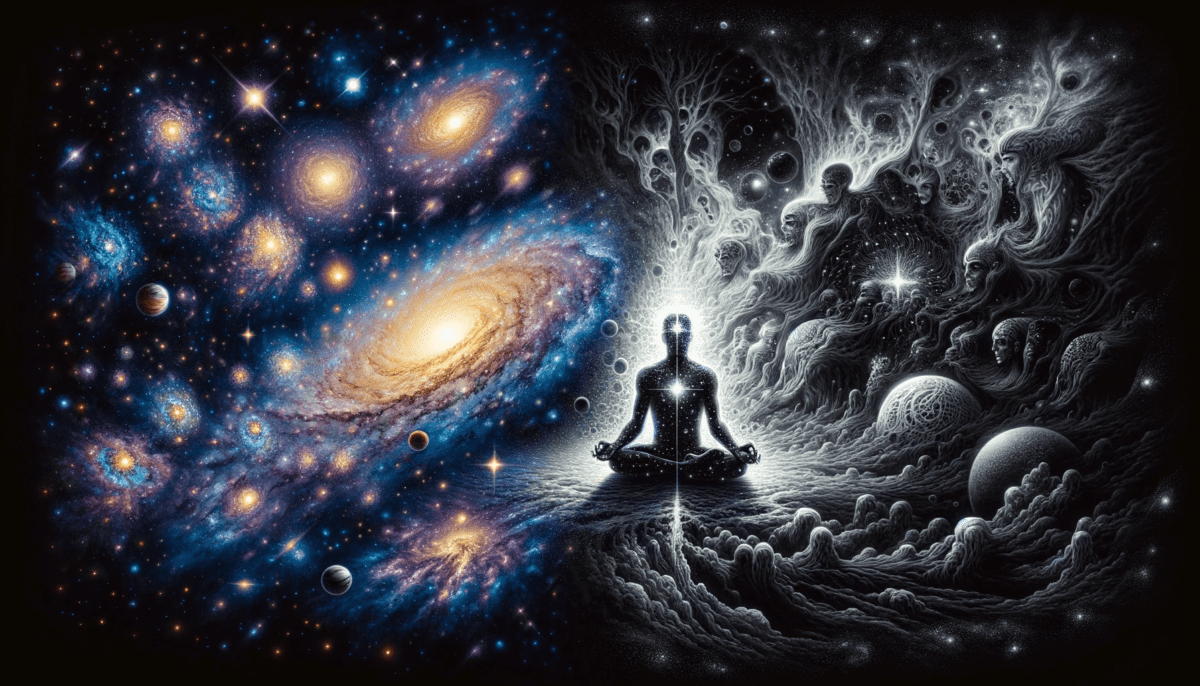
This poem from 2019 expresses strong emotions and explores themes of mortality, accountability, and the consequences of actions. It evokes a sense of powerlessness and raises questions about the nature of reality and self-perception.
The poem seems to convey a deep sense of loss and the impact of one’s actions on others. It highlights the weight that comes with the realization of causing harm or taking someone’s life, whether physically or metaphorically. The speaker addresses the person responsible for their demise and contemplates the aftermath of the act, including the psychological effects on both the perpetrator and those who witness it.
The poem also touches upon the concepts of justification, heroism, and the cycle of negativity. It questions the motives behind taking a life and the potential repercussions that follow. It challenges the reader to reflect on their own beliefs, fears, and perceptions of control.
Overall, the poem presents a thought-provoking and introspective exploration of complex emotions and existential themes. It invites readers to contemplate the consequences of their actions and the interconnectedness of life experiences.